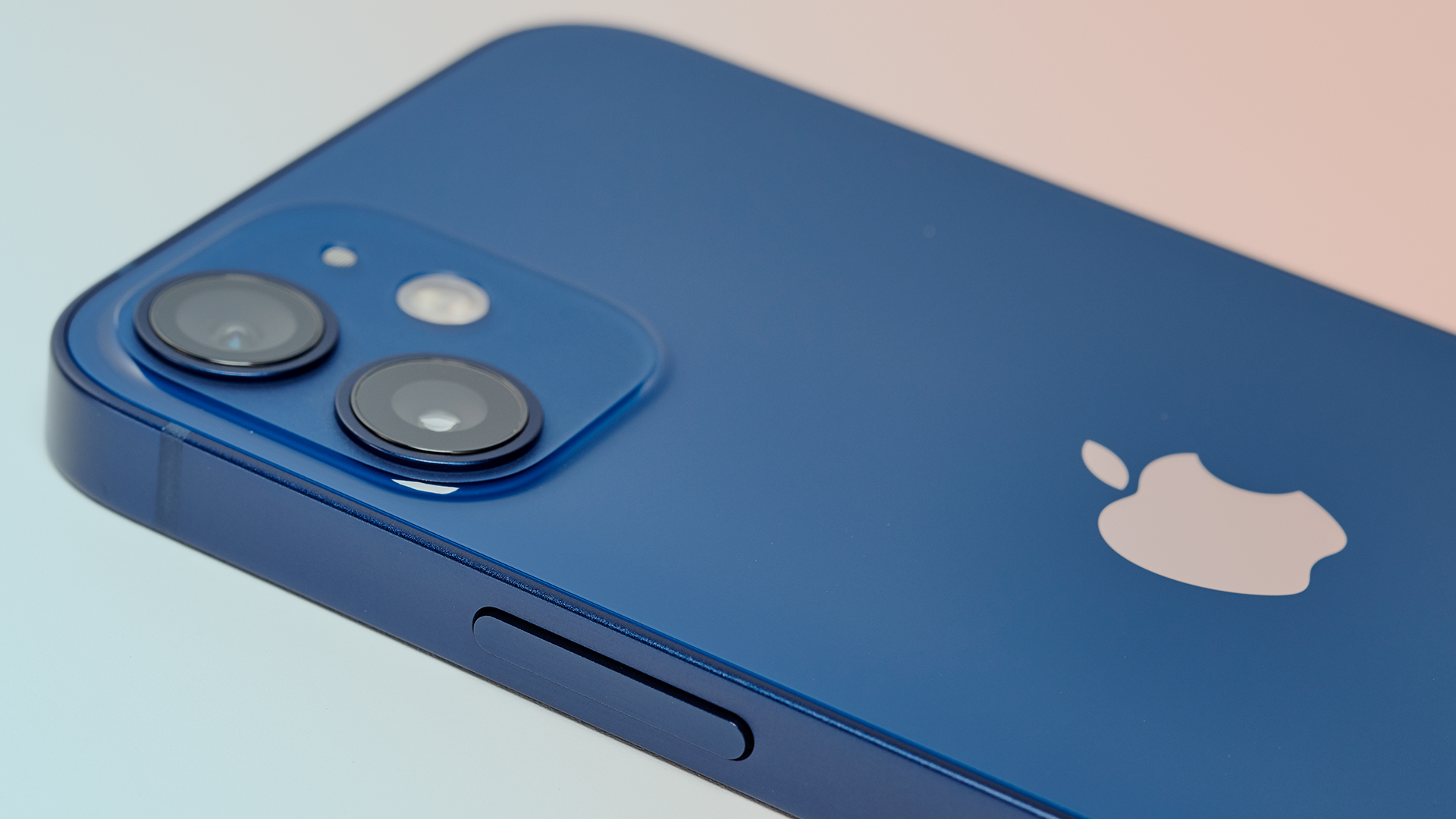Apple is scrapping the iPhone 12 mini early, but I think it could still be a late bloomer
A report says that Apple has stopped producing the iPhone 12 mini already, but I think it's slow sales are due to bad timing more than lack of interest


Get all the latest news, reviews, deals and buying guides on gorgeous tech, home and active products from the T3 experts
You are now subscribed
Your newsletter sign-up was successful
After years of people saying that new high-end phones are getting too large, Apple finally threw them a bone with the introduction of the iPhone 12 mini and its 5.4-inch screen in late 2020. Alas, over the last year, there have been reports that sales have never been very strong, and now a report from TrendForce (via MacRumors) says that Apple has ended production early. In fact, the colourful language used is that the poor little phone "reached End-of-Life ahead of time".
This means that even though the iPhone 12 mini will remain on sale for the time being – at least until the iPhone 13 arrives, we'd wager – Apple isn't making any more. Its existing stock seems to be enough to cover predicted sales over the next few months, assuming the report is accurate. (We've seen this effect even more dramatically before: even after Apple's HomePod was discontinued, people were able to buy brand new units that appeared to be from the original launch stock…)
With the regular-size iPhone 12 apparently selling like 5G-equipped hotcakes, it looks like the mini version just wasn't as desired in real life as noisy people on the internet said it was, despite it being the best small phone on the market.
At, least, it looks that way. It's certainly possible that the demand for a smaller phone was never truly there. People want a compact and more one-hand-friendly chassis no doubt, but when push comes to shove they weren't willing to live with the smaller screen size that's actually required to make it happen, when they could have a lovely 6.1-inch screen to watch Insta Stories and YouTube vids on. I've no doubt that was at least partly a factor here.
But I also think the iPhone 12 mini was a victim of timing, because it was released a matter of months after the new iPhone SE (2020). My experience in real life with people who said they wanted a smaller phone size was that they had often held on to an original iPhone SE (in the same design as the iPhone 5) or similar for years. They simply didn't care that it didn't have the latest and greatest hardware, it was just what they liked.
By 2020, people with these phones would have been finding them just too long in the tooth, and then Apple threw them a lifeline with the new iPhone SE. It had the top-end processor and a great camera, and was still smaller than flagship phones, while also being inexpensive. Quite a combination! So I think all the pent-up demand for smaller phones probably channeled towards the iPhone SE like a lightning rod.
Then, at the end of the year, came the iPhone 12 mini. With 5G and an amazing dual-camera system, it was literally in a class of one. There was (and still is) nothing else with such flagship features at a small size. And all the people who would have loved one… had already bought the SE, and weren't likely to buy two phones in one year.
Get all the latest news, reviews, deals and buying guides on gorgeous tech, home and active products from the T3 experts
That's my theory anyway. And what it means is that while the iPhone 12 mini's sales suffered due to these circumstances, a future mini phone might not. There have been rumours that Apple is actually planning an iPhone 13 mini, and I think that it could sell better than its predecessor, simply by virtue of launching well over a year on from the new iPhone SE.
All this time later, there will be a new wave of people who've been holding onto their phones (iPhone 8, perhaps) and wondering what to get next. For them, the iPhone SE is already getting on a bit, and the iPhone 13 mini will be cutting edge (and so will last them a long time), while also being a pretty good mid-range price. The mini might yet have its day in the sun. Just not the current one, apparently.

Matt is T3's former AV and Smart Home Editor (UK), master of all things audiovisual, overseeing our TV, speakers and headphones coverage. He also covered smart home products and large appliances, as well as our toys and games articles. He's can explain both what Dolby Vision IQ is and why the Lego you're building doesn't fit together the way the instructions say, so is truly invaluable. Matt has worked for tech publications for over 10 years, in print and online, including running T3's print magazine and launching its most recent redesign. He's also contributed to a huge number of tech and gaming titles over the years. Say hello if you see him roaming the halls at CES, IFA or Toy Fair. Matt now works for our sister title TechRadar.